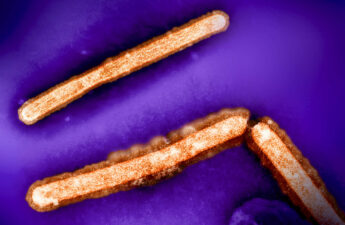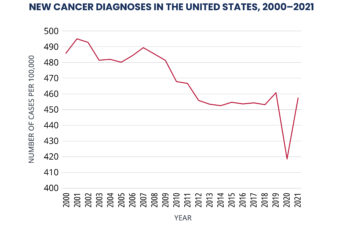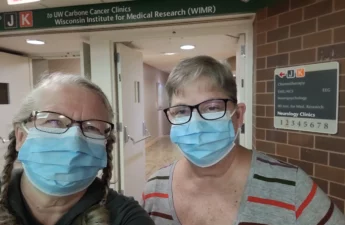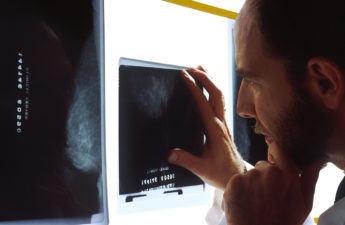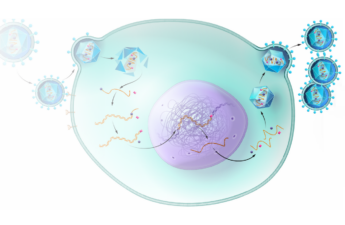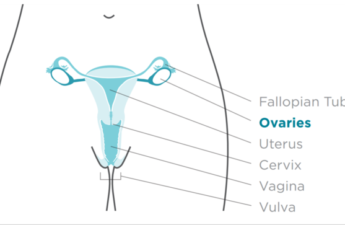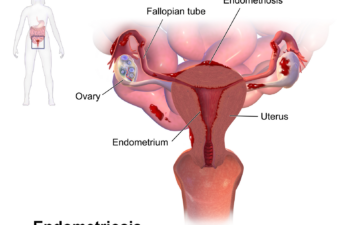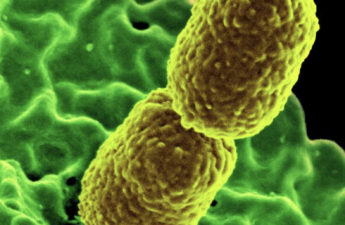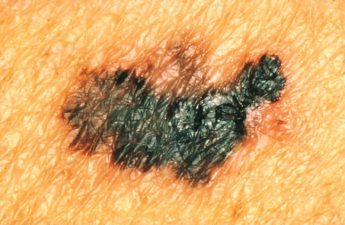Category: Cancer
Health News Headlines
Human-to-human bird flu transmission – Man dies of rabies – DASH diet – Senior moments – 23andME DNA up for sale
New cancer diagnoses did not rebound as expected following pandemic
Cancer incidence trends in 2021 largely returned to what they were before the COVID-19 pandemic, according to a study by researchers at the National Institutes of Health (NIH).
However, there was little evidence of a rebound in incidence that would account for the decline in diagnoses in 2020, when screening and other medical care was disrupted.
45 Degrees North: The Rural Cancer Commute
If you come from a rural area, you probably know someone who has had to make that kind of commute for treatment. Who has weighed the cost of gas, food and lodging away from home. Who has learned the back ways around a strange city to avoid road construction or rush hour congestion. Who packed an extra week’s worth of clothes, just in case.
Breast density and mammograms: New FDA rule will ensure all women have more information after cancer screenings
Standard mammograms use X-rays to produce two-dimensional images of the breast. A newer type of mammography imaging called tomosynthesis produces 3D images, which find more cancers among women with dense breasts. So, researchers and doctors generally agree that women with dense breasts should undergo tomosynthesis screening when available.
DNA from Ancient Viruses Helps Many Cancers Grow
Cancer cells use all sorts of tricks and trades to aid their growth and survival. Now a new study shows that many kinds of cancer pull an unusual card to support their growth: DNA left over from ancient viruses.
Elle Macpherson’s breast cancer: when the media reports on celebrity cancer, are we really getting the whole story?
Media coverage of Macpherson’s situation has largely missed a key piece of information: her breast cancer is not invasive.
Is alcohol good or bad for you? Yes.
It’s tempting to assume that because heavy alcohol consumption is very bad, lesser amounts must be at least a little bad. But the science isn’t there.
Mobile phones are not linked to brain cancer, according to a major review of 28 years of research
The possibility that mobile phones might cause cancer has been a long-standing concern. Mobile phones – and wireless tech more broadly – are a major part of our daily lives. So it’s been vital for science to address the safety of radio wave exposure from these devices.
Health News Headlines
Measles in Oregon and Georgia – Obesity drug cuts diabetes risk 93% – Playstation is good for you
Ovarian cancer is hard to detect. Focusing on these 4 symptoms can help with diagnosis
Symptoms that may be due to ovarian cancer:
-persistent abdominal distension (women often refer to this as bloating)
-feeling full shortly after starting to eat and/or loss of
-pelvic or abdominal pain
-needing to urinate urgently or more often.
Endometriosis types and ovarian cancer risk
Researchers found that women with certain types of severe endometriosis are at significantly increased risk of ovarian cancer.
Small-Town Patients Face Big Hurdles as Rural Hospitals Cut Cancer Care
For rural patients, getting cancer treatment close to home has always been difficult. But in recent years, chemotherapy deserts have expanded across the United States, with 382 rural hospitals halting services from 2014 to 2022.
Health News Headlines
Millions became uninsured as Medicaid programs cut coverage – More than 700 US hospitals at risk of closing – High cost of cancer screening
Health News Headlines
Wildfire smoke expected in Seattle – ACL tears in women – 5 ways to manage hypertension
From immunotherapy to mRNA vaccines – the latest science on melanoma treatment explained
Sarah Diepstraten, Walter and Eliza Hall Institute and John (Eddie) La Marca, Walter and Eliza Hall Institute More than 16,000 Australians will be diagnosed with melanoma each year. Most of these will be caught early, and can be cured by…
